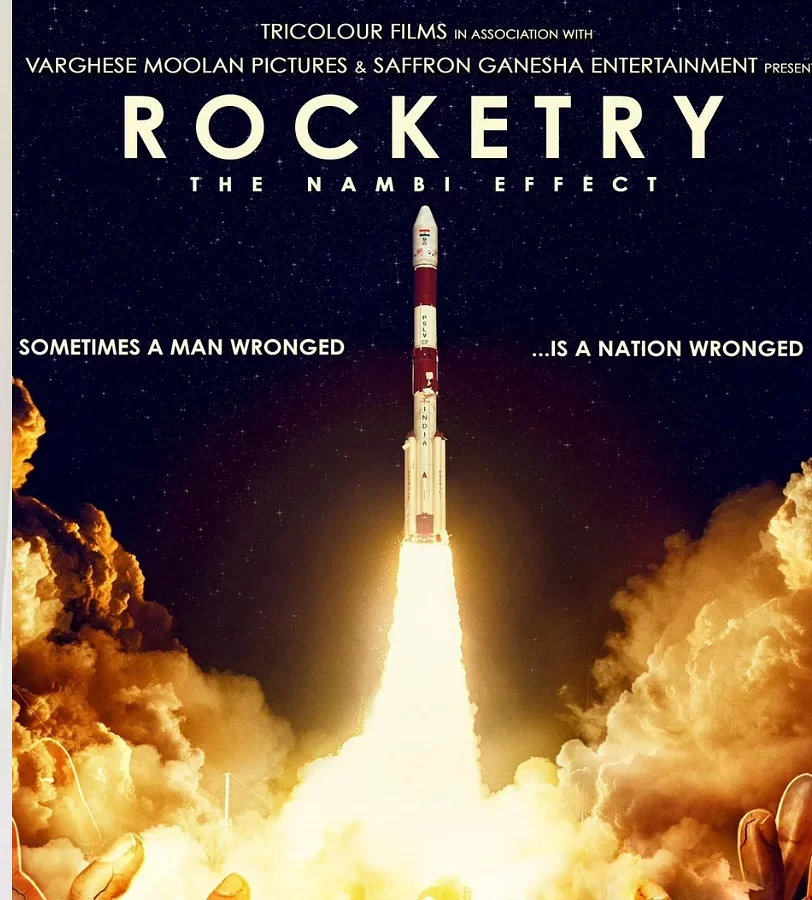MUMBAI: The coalition supporting legislation to get tough on foreign rogue websites that traffic in stolen films and TV shows or counterfeit goods is growing by the day.
Citing the threat to American jobs and creative industries, in recent weeks elected officials across the country have joined theatre owners and business associations speaking out in favor of the Preventing Real Online Threats to Economic Creativity and Theft of Intellectual Property Act (the PROTECT IP Act, S. 968).
In separate letters, Governors Dannel Malloy of Connecticut, Beverly Perdue of North Carolina, and Gary R. Herbert of Utah expressed concern over the effect of content theft on their local communities.
“In only five years, over 150 production companies have flooded to Connecticut to film movies, commercials, television shows, and documentaries and these companies have spent $500 million in the State. 15,000 people living in Connecticut are either directly or indirectly employed by the film industry. The PROTECT IP Act is much needed legislation that will disrupt the counterfeit and piracy business model by cutting off rogue websites from the American marketplace,” Governor Malloy wrote.
Governor Perdue added, “The North Carolina film industry is one of the most vibrant in the country, and piracy represents a direct attack on over 3,000 craftspeople who make their living each day making motion pictures. While counterfeiting and piracy are not new, the current proliferation and extent of these activities is unprecedented.”
Local theatre owners are also weighing in. Cinema Centers, Inc., based in Pennsylvania, Cinemark Theatres, based in Texas, Cobb Theatres of Alabama, Hallett Cinemas, LLC of Washington, and Logan Luxury Theatres of South Dakota wrote individually to their senators to underscore the need for swift passage of the PROTECT IP Act.
“Going to the cinema is one of our nation’s most popular forms of entertainment. Without legislative action, however, unchecked online intellectual property theft threatens to undermine this American pastime,” they each wrote in separate letters.
“The illegal online distribution of movies delivered through the internet across unlimited geographic markets is a devastating problem that costs the movie theater industry hundreds of millions of dollars every year in lost ticket and concessions sales domestically and billions of dollars globally – thereby threatening the livelihoods of our country’s 160,000 movie theater employees, any of whom are first-time workers, elderly or disabled,” the theatre owners continued.
The Software and Information Industry Association (SIIA), the principal trade association for the software and digital content industries, noted that theft of intellectual property severely harms the businesses they represent. “SIIA members are a diverse group, but the one thing they have in common is that they all are intellectual property owners who all too often find themselves losing significant revenues and jobs due to the piracy and counterfeiting of their products and services on the Internet,” the association wrote.
The California Healthcare Institute (CHI), an advocate for the research universities and institutes, biopharmaceutical, medical device and tools companies, and venture capital firms that make up California’s biomedical community, wrote to highlight the health and safety risks of counterfeit pharmaceuticals. “Even more important, counterfeit medicines and medical technologies put patients and their health at great risk, as highlighted by the Office of the U.S. Trade Representative (USTR) Special 301 Report. For example, counterfeit pharmaceuticals may include toxic or non-active ingredients, correct ingredients in incorrect quantities, or other forms of harmful mislabeling,” the Institute wrote. “Rogue online pharmacies often bypass traditional regulations and safeguards and therefore pose a tremendous threat to users’ safety.”
And the State International Development Organization (SIDO) noted that fighting intellectual property theft is key to their role in promoting trade and supporting America’s export economy, “As part of the President’s National Export Initiative, U.S. small and medium-sized exporters (SMEs) are charged with the lofty task of doubling America’s exports by 2015. As such, it becomes increasingly important to identify threats and strengthen enforcement against intellectual property (IP) theft and other harmful practices abroad and that negatively impact American exporters.”
“Creative industries are fundamental to America’s economy, and the harm caused by intellectual property theft reaches every community and every sector in this country. It’s no surprise that the PROTECT IP Act has generated such an outpouring of support from a broad spectrum of the government and private industry leaders who represent people impacted by content theft. We are committed to doing all we can to see rogue sites legislation enacted this year,” said Motion Picture Association of America, Inc. (MPAA) executive vice president, government affairs Michael O’Leary.




